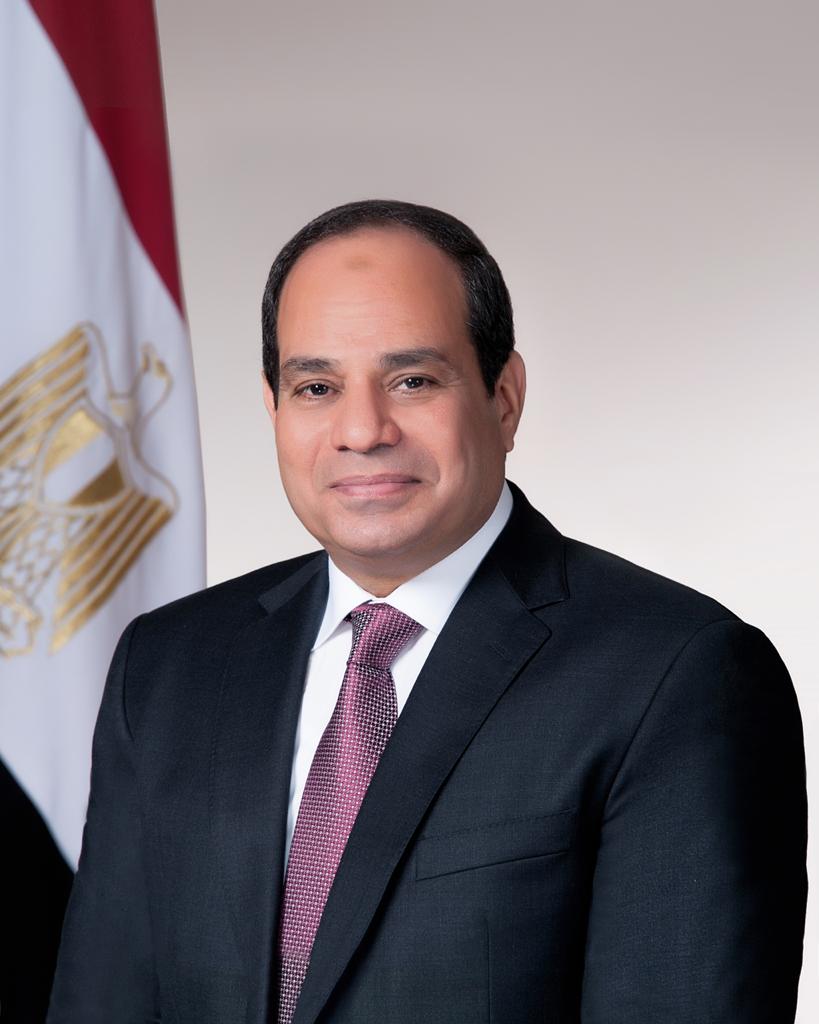Egypt devalues its pound, loses over 50% against US Dollars
Cash-strapped Egypt allows its currency to fall sharply against the dollar and hikes interest rates
The Egyptian pound slipped sharply against the dollar on Wednesday after the Central Bank of Egypt raised its main interest rate and said it would allow the currency’s exchange rate to be set by market forces.
The measures were meant to combat inflationary waves and attract foreign investment as the country experiences a staggering shortage of foreign currency.
Following the announcement, the pound began floating and within hours lost more than 60% of its value against the dollar. By early afternoon, commercial banks were trading the U.S. currency at more than 50 pounds for $1, up from about 31 pounds for the dollar.
The central bank increased the key interest rate by 600 basis points to 27.75%. The overnight deposit and lending rate were also raised by 600 basis points to 27.25% and 28.25% respectively, the bank said in a statement.
The Egyptian economy has been hit hard by years of government austerity, the coronavirus pandemic, the fallout from the war in Ukraine, and most recently, the Israel-Hamas war in Gaza.
The war in Ukraine, which rattled the global economy, hit cash-strapped Egypt where it is financially vulnerable — the most populous Arab country is the world’s biggest importer of wheat and needs to buy a majority of its food from other countries to help feed its population of more than 104 million people.
Since January 2022, the Egyptian pound has lost around 50% of its value against the dollar.
The Central Bank of Egypt said its measures Wednesday would help end the black market in currencies and slow inflation, which reached unprecedented levels in recent months. The annual inflation rate was over 31% in January, according to official figures.
“The CBE will continue to target inflation as its nominal anchor, allowing the exchange rate to be determined by market forces,” the central bank said.
The authorities also said the Central Bank has managed to “secure funds” for market needs — an indication they expected the exchange rate to stabilize.
Analysts believe the source of the funds was a multi-billion dollar deal last week with an Emirati consortium to jointly develop the Mediterranean city of Ras el-Hekma, 350 kilometers (218 miles) northwest of Cairo. Egypt is to get $35 billion from that deal.
The rising cost of basic goods has deepened the hardships faced by middle-class and poor Egyptians. They have suffered from price hikes since the government embarked on an ambitious reform program in 2016 to overhaul the battered economy. Nearly 30% of Egyptians live in poverty, according to official figures.
Economists say the moves by the central bank were likely signs that the government is working to secure another financing package from the International Monetary Fund. Moving to a flexible exchange rate has been one of the key demands of the IMF.
James Swanton, an analyst with London-based Capital Economics, said they show that “policymakers are committed to the turn back toward economic orthodoxy.”
“This is likely to pave the way for an IMF deal within hours,” he said.











Add Comment